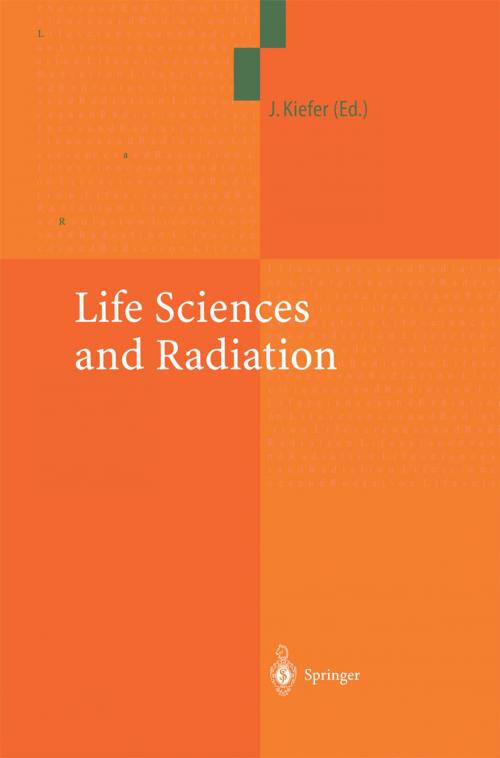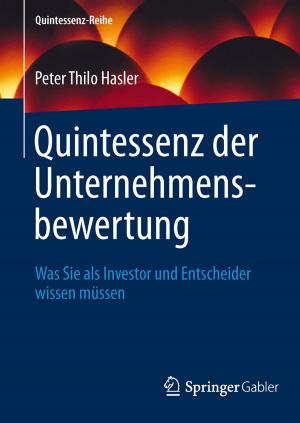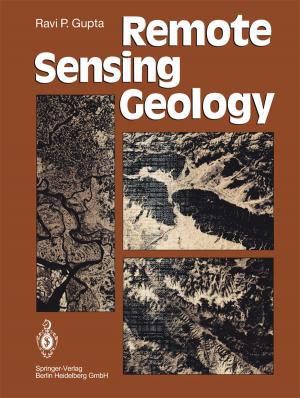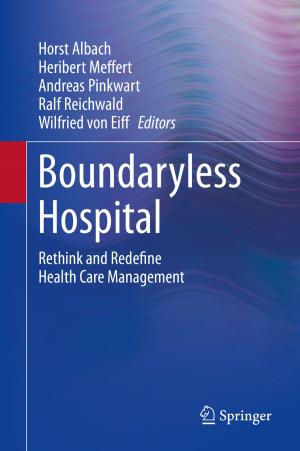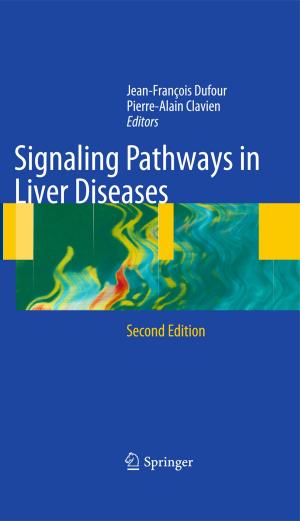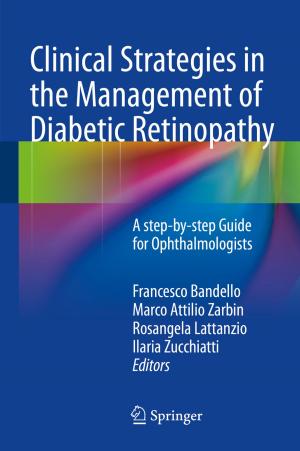Life Sciences and Radiation
Accomplishments and Future Directions
Nonfiction, Science & Nature, Science, Biological Sciences, Biophysics, Health & Well Being, Medical, Specialties, Radiology & Nuclear Medicine| Author: | ISBN: | 9783642186875 | |
| Publisher: | Springer Berlin Heidelberg | Publication: | June 27, 2011 |
| Imprint: | Springer | Language: | English |
| Author: | |
| ISBN: | 9783642186875 |
| Publisher: | Springer Berlin Heidelberg |
| Publication: | June 27, 2011 |
| Imprint: | Springer |
| Language: | English |
Scope and ideas of the workshop The workshop which took place at the University of Giessen from Oct. 3 to Oct. 7, 2002 and whose proceedings are collected in this volume started from the idea to convene a number of scientists with the aim to outline their ”visions” for the future of radiation research on the basis of their expertise. As radiation research is a very wide field restrictions were unavoidable. It was decided to concentrate this time mainly on molecular and cellular biology because it was felt that here action is par-ticularly needed. This did not exclude contributions from neighbouring fields as may be seen from the table of contents. It was clearly not planned to have a c- prehensive account of the present scientif fic achievements but the results presented should only serve as a starting point for the discussion of future lines of research, with the emphasis on the ”outreach” to other parts of life sciences. If you are interested in the future ask the young – we attempted, therefore, to invite mainly younger colleagues (with a few exceptions) who had, however, already left their marks in the field. They were asked to describe what they felt is important in radiation research and may have significant influences on other branches of life sciences. They were given the task to demonstrate what is lost for science ”if we do no longer exist”.
Scope and ideas of the workshop The workshop which took place at the University of Giessen from Oct. 3 to Oct. 7, 2002 and whose proceedings are collected in this volume started from the idea to convene a number of scientists with the aim to outline their ”visions” for the future of radiation research on the basis of their expertise. As radiation research is a very wide field restrictions were unavoidable. It was decided to concentrate this time mainly on molecular and cellular biology because it was felt that here action is par-ticularly needed. This did not exclude contributions from neighbouring fields as may be seen from the table of contents. It was clearly not planned to have a c- prehensive account of the present scientif fic achievements but the results presented should only serve as a starting point for the discussion of future lines of research, with the emphasis on the ”outreach” to other parts of life sciences. If you are interested in the future ask the young – we attempted, therefore, to invite mainly younger colleagues (with a few exceptions) who had, however, already left their marks in the field. They were asked to describe what they felt is important in radiation research and may have significant influences on other branches of life sciences. They were given the task to demonstrate what is lost for science ”if we do no longer exist”.
